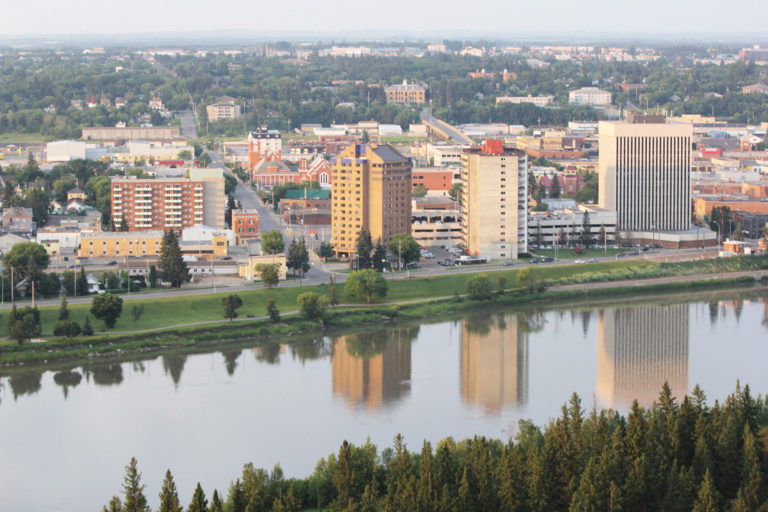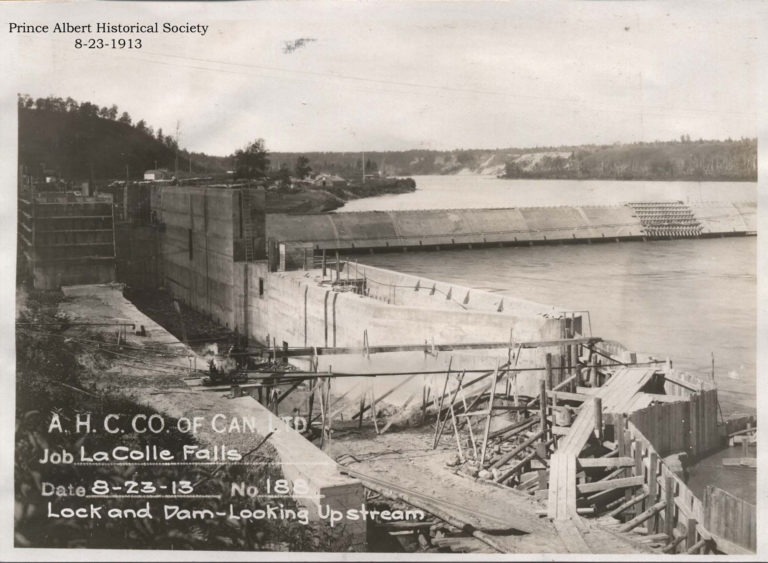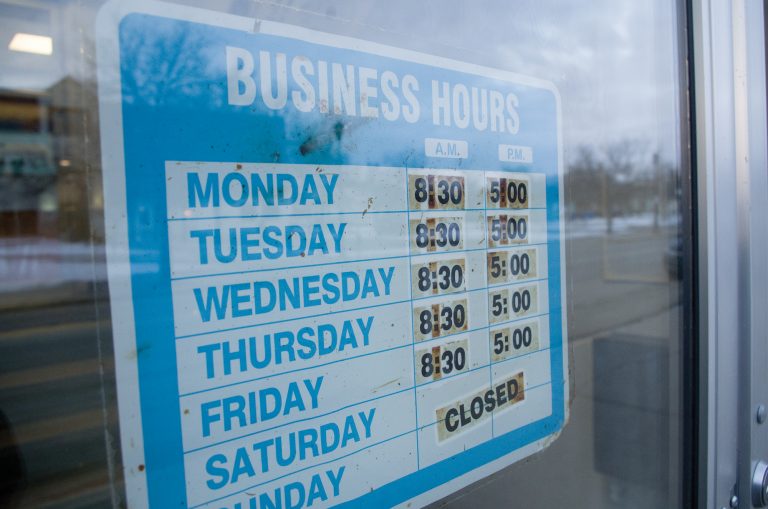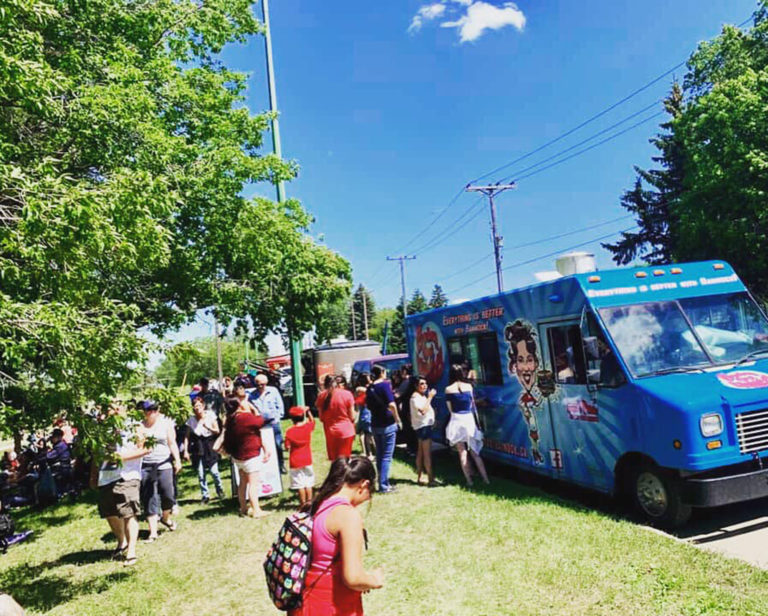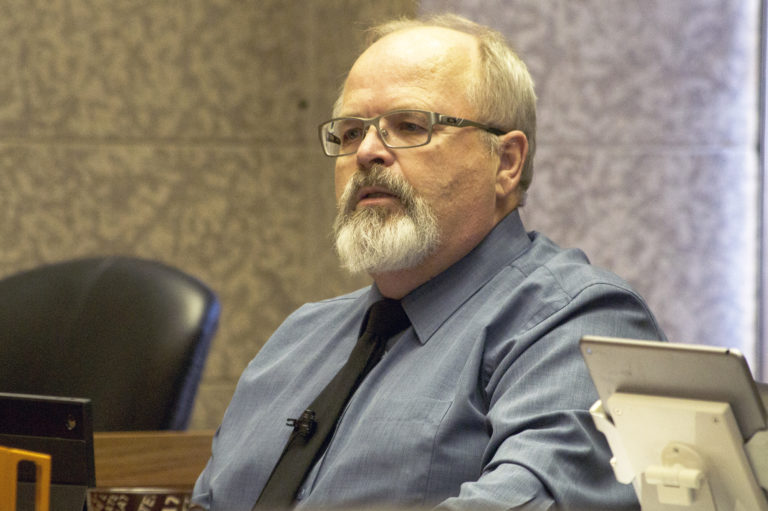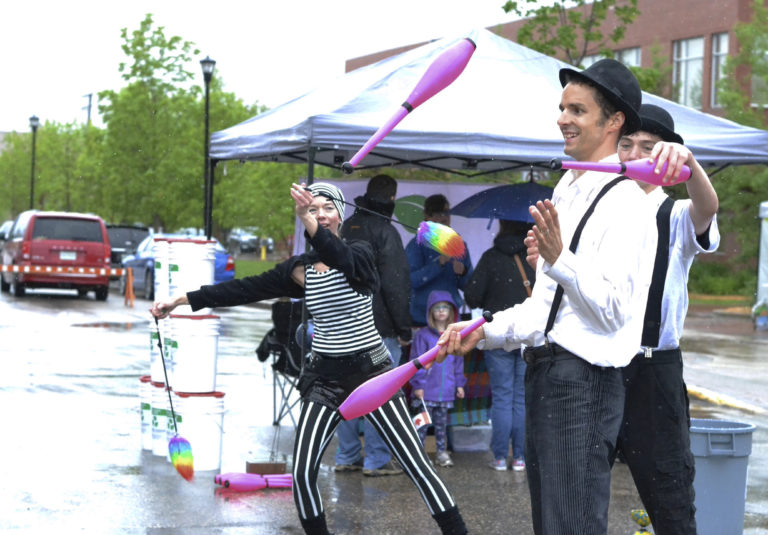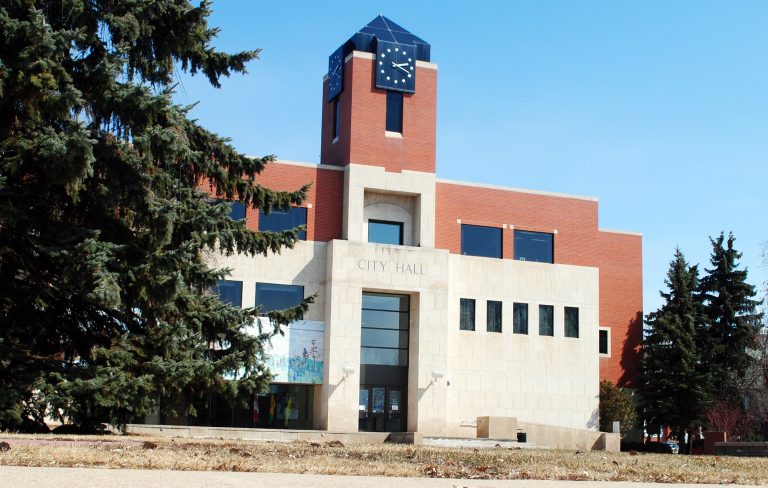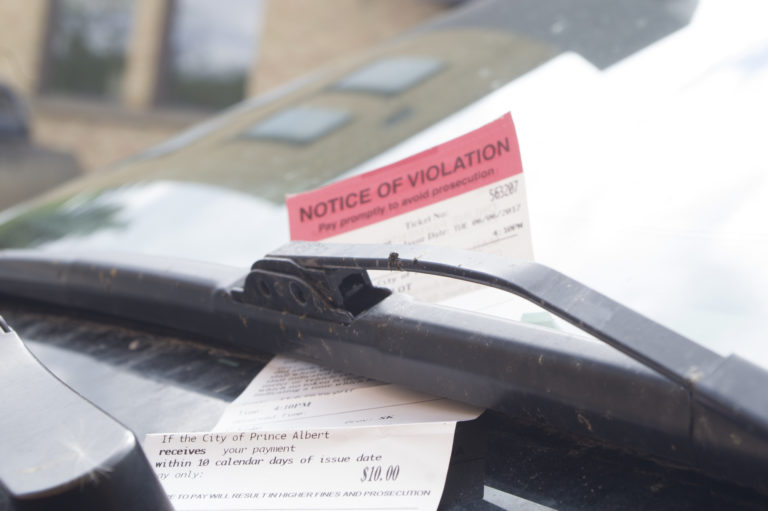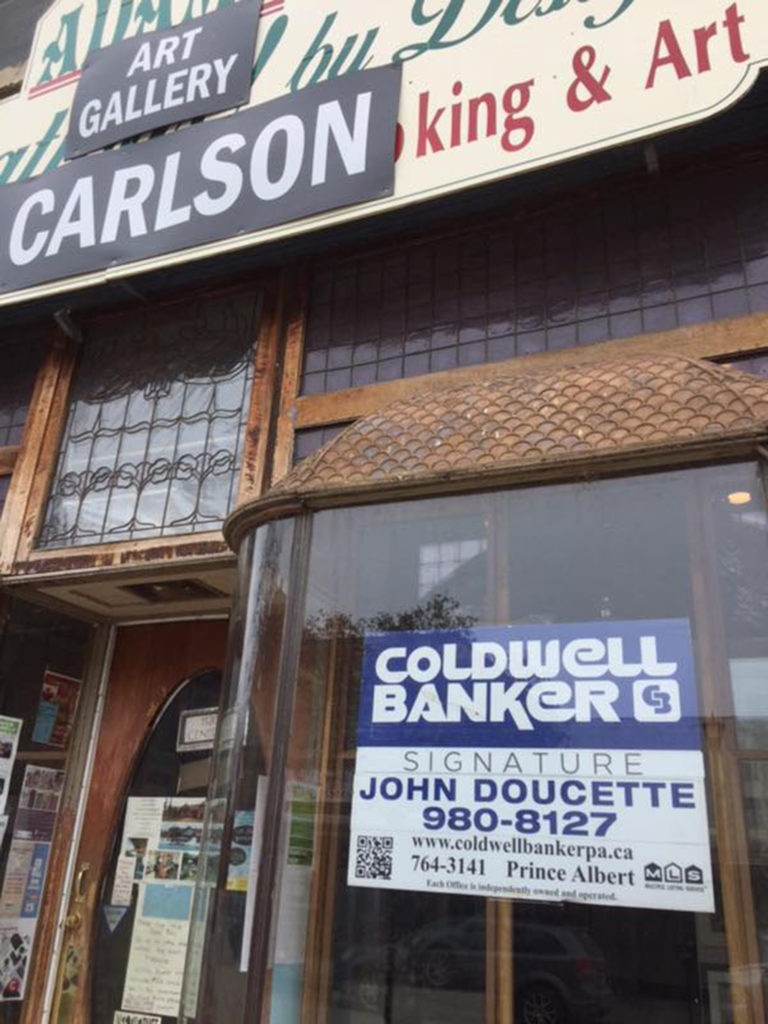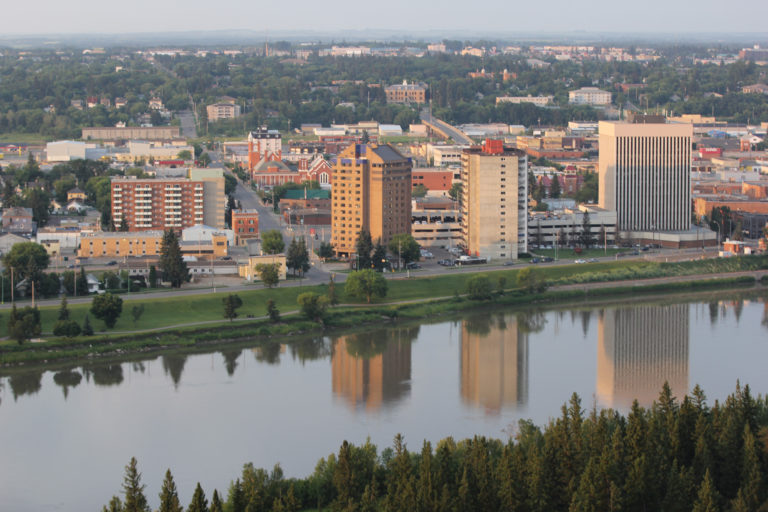Prince Albert city council voted to table a discussion surrounding $5.1 million in infrastructure projects after disagreements over a $200,000 project in the Old City Yards.
The provincial government handed out the $5.1 million to help boost municipal infrastructure projects in Prince Albert, but city council still needs to submit a list of approved projects. That debate ground to a halt of Tuesday after councillors expressed concerns about spending money in a location the City may not use for much longer.
The project called for a new Storage Cover-All Building at the Old City Yards after the previous one was declared past the point of repair in 2016. The building is considered unsafe and unstable, mainly due to roof damage in four different areas, and will be condemned on Oct. 1.
That will cause a “critical shortage of covered space” for the Parks Department and Transportation Sign Shop, according to a report filed by City Manager Jim Toye. However, some councillors say it’s not worth it to rebuild in that part of Prince Albert.
“I’d be leery of putting some investment down there when I think we want to be out of that location and divest ourselves of that area,” said Ward 8 Coun. Ted Zurakowski, the project’s most vocal opponent.
“We are wanting to get out of the hold city yards, and here is an opportunity to do so,” added Ward 4 Coun. Don Cody. “I just don’t think that going ahead with (a) $200,000 (project), and then maybe moving it, is money well spent.”
Cody added that he supported spending money on the building, but wanted it in a different location on the hill.
Mayor Greg Dionne also opposed the project, saying it didn’t make sense to build in an area they were getting out of.
The City has plans to build a new $8.8-million Municipal Service Centre (MSC) sometime in the future, but council has not approved the necessary funding.
Public Works Director Wes Hicks said they understand council wants to move operations to a new area, but administration has worries about centralizing its operations.
“Administration has been discussing during this COVID-19 pandemic the concern around putting all our eggs in one basket,” Hicks told council. “We’ve discovered that putting everybody in one location is very, very bad for the operations. If we had someone get sick up there, we’re literally shut down. We have no options.”
“If our fleet group gets shut down, we don’t have any other shops. No lifts or anything,” he added. “We’ve lost another building at the old yards. We’re nowhere close to moving into any new facilities in the foreseeable future. The thought was to have at least one cover-all (building) in the old yard.”
Hicks said the Cover-all could be moved in five or 10 years, but public works needs a new building in place before winter.
With council facing questions over how many changes they could make to the project list after submitting it to the government, Mayor Greg Dionne suggested council table the motion. It will be back up for discussion at the next executive committee meeting on May 25.
The $200,000 Storage Cover-All Building was one of 11 projects up for approval at Monday’s meeting. Other projects include the $2.25-million Marquis Road West Extension, $1.4-million for pavement upgrades and $500,000 for sidewalk repairs.

